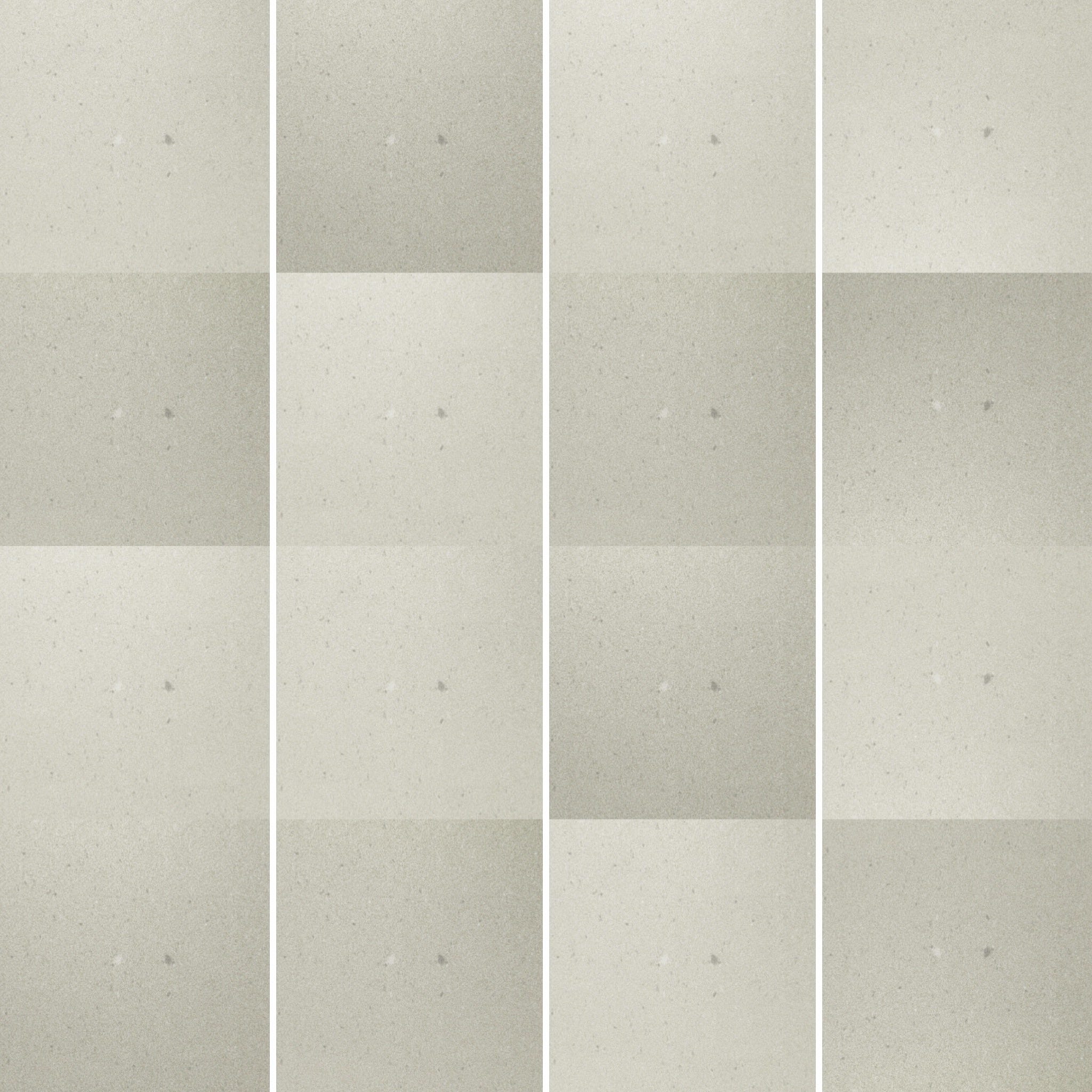
The political and financial might of the United States, combined with the centrality of its tech platforms and English as the lingua franca, ensures voices from that one country tend to occupy an outsized role in discourse and thinking. Certainly, what happens there is deeply consequential for the world, and so it is important, it does matter.









